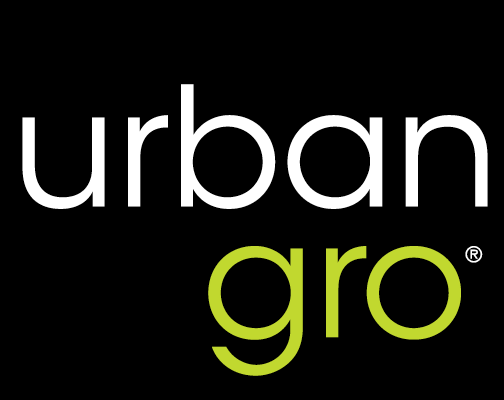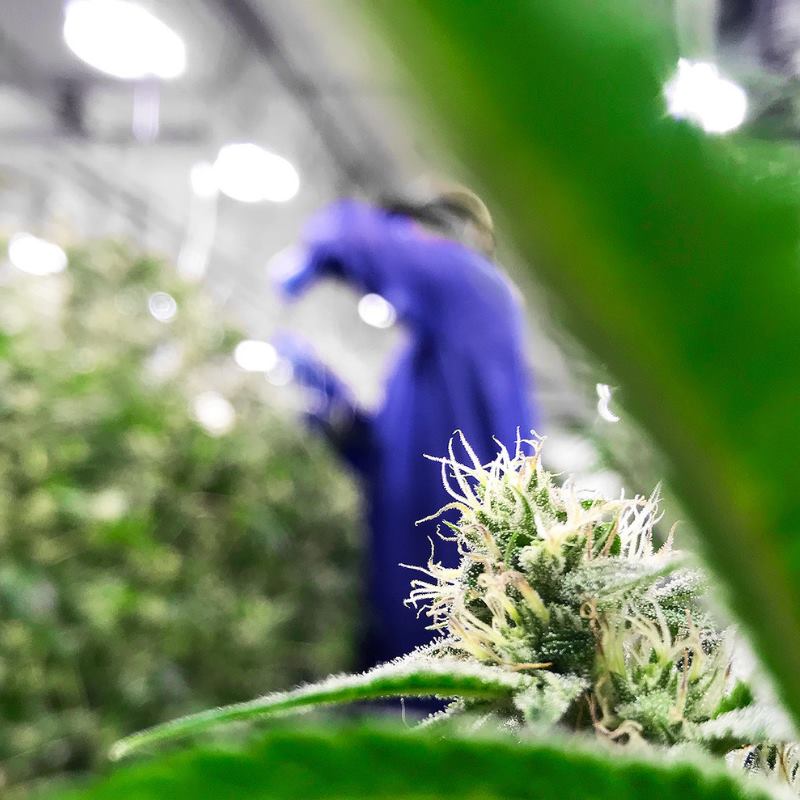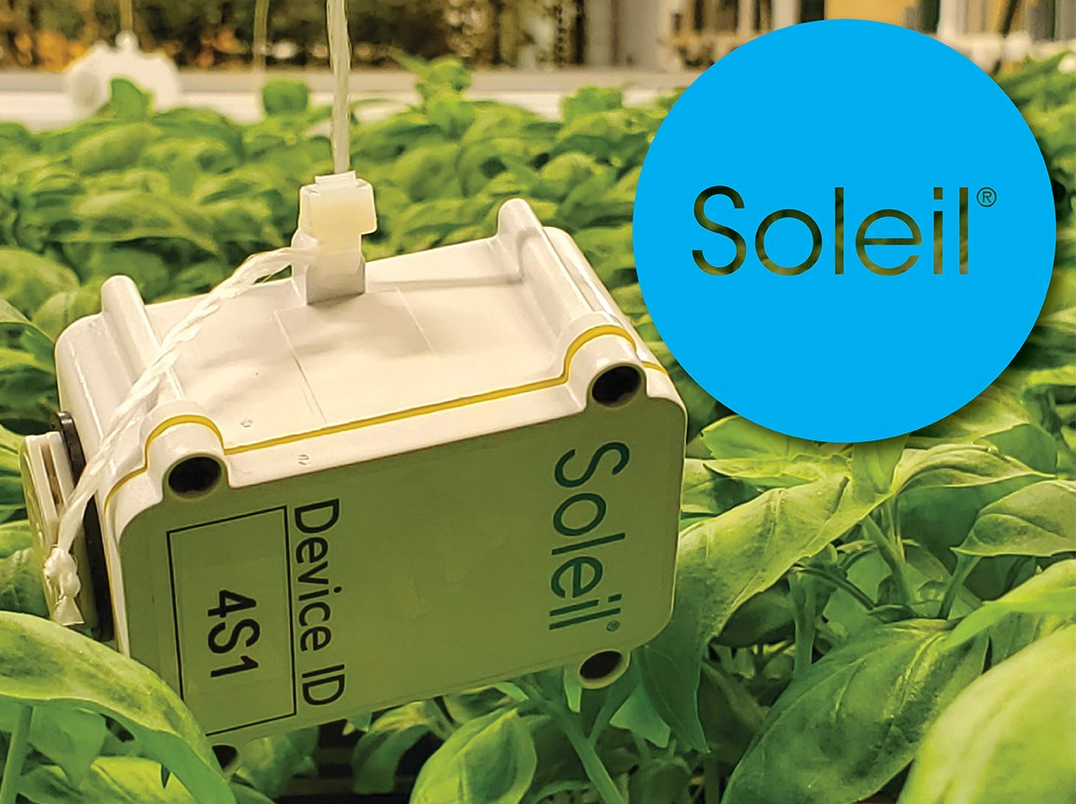urban-gro’s knowledge and experience in cannabis cultivation has allowed them to push the edge of sustainability, automation and standardisation in controlled environment agriculture.
urban-gro is an award-winning agricultural solutions company that has designed and developed hundreds of controlled-environment facilities across the world. With a focus on the high-value crop of cannabis, they help businesses achieve sustainability and scalability with proven AgTech innovations. I recently spoke with Mark Doherty, Vice President of Cultivation Technologies, and Larry Dodson, Chief Technology Officer, to find out how they continue to push the evolution of controlled environmental agriculture.
Technology solutions according to the specific needs of the grower
urban-gro helps existing companies or new cultivators to achieve a sustainable business through AgTech innovations that drive down costs, increase economic yield and reduce environmental impact. In order to provide the technology for their growers, urban-gro chooses to work with companies that have best-in-class, proven technology.
But there are also pieces of equipment designed from necessity, and the question: ‘How do we apply our unique understanding of CEA and indoor cultivation to improve efficiency?’ Quite often, urban-gro develops its own solutions, engineering components at their facility in Colorado. Mark’s example was something simple: a fan bracket that is intentionally designed to be mounted on a rack.
At the client level, technology choice revolves around budget. urban-gro works with clients on an individual basis to determine what they can afford, what is scalable for their business and what fits in with regulations, which are determined state-by-state. Mark provided the example of Massachusetts, in which a growing facility can only utilise 36 watts of energy per canopy square foot, thus requiring a rethink in the facility’s infrastructure.
urban-gro takes the lead on environmental sustainability in indoor cultivation
As urban-gro helps businesses improve sustainability and profitability within the framework of environmental regulations, they are working hard to transition indoor farming toward a lower-impact future. Mark discussed a development that urban-gro is excited about: managing waste-water discharge. They are working with technology providers that will allow their facilities to become, ‘effluent zero-discharge.’
‘So often we hear this mantra in Controlled Environment Ag, that it is super water-sustainable and super energy conserving over outdoor field crops, and it is not always or entirely true, unless you build a facility with these factors in mind.’
Mark is excited about the new technology’s ability to clean up this practice, and urban-gro is taking the lead on reducing the environmental impact of the CEA industry. They work with their cannabis cultivation facilities in the US and Canada to whittle down the level of discharge and reduce the impact on their surrounding communities.
Down the road toward automation of indoor farms with urban-gro’s Soleil Technologies
These considerations led us to the topic of automation, which Mark identifies as a huge area of importance for urban-gro. Their new Soleil 360 is a platform of wireless, high-density sensors that allows the grower to monitor and collect real-time data on temperature, humidity, CO2 and VPD at a truly granular level.
Whereas traditional hothouse growers have relied on a single sensor set for 3,000—6,000 ft2, Soleil allows growers to drill down into data on a level of 40ft2 in a viable and economic way. This allows urban-gro’s facilities to exert greater control over the crop. ‘When we look at fine-tuning these facilities, if we can really precisely control and dial in these recipes, all crops will respond positively.’
Soleil Technologies: Sense + Control
Soleil 360 was spearheaded by Chief Technology Officer Larry Dodson, who also joined us on the call to talk us through the power of this new technology. He stressed the importance of the balance of all the environmental factors- adjusting one control will affect all the other variables; the system allows for the harmonious balance of all factors to allow for optimal plant growth.
He exemplified this by focusing on the differentiation with cannabis growers, who seek a particular chemical expression in their plant production- a particular mix of terpenes and cannabinoids. With greater automation and environmental control, cannabis facilities can repeat this chemical expression grow after grow.
“It’s a discerning grower that’s interested in Soleil. Some growers are only after biomass- with cannabis they are after a wet weight and then a dry weight. But for those customers who are after repeatable production results, where they want to apply process control parameters with analytical tools, and for those growers who are after a certain chemical expression of the cannabis output, there is a tremendous interest.”
Mark added that he sees great potential for this technology in vertically-racked systems, which traditionally struggle with micro-climate issues. The ability to deploy the sensors throughout the entire 3D-space and understand the environmental stratification that is occurring from rack to rack, allows growers to fine tune their set up ever more.
Standardisation on two fronts to further the industry: data interchange and database architecture
With sensor technology capturing environmental data points by the minute, our conversation turned to its applications for industry standardisation. Larry identified two main avenues of standardisation that they are working on:
1. Data: a lot of data is being collected. urban-gro for example uses 60-100 sensors in the canopy of a high-density growing operation in order to map the room accurately. This data is collected every 30 seconds and is transmitted to the cloud. Each customer of urban-gro owns its data, but urban-gro will ask to use it anonymously. With more companies collecting ever-greater volumes of data, there is a big opportunity to combine it anonymously and draw valuable insights and conclusions from this. Larry envisions this as a standardised ‘data-interchange API.’
2. Database standardisation: there is a need to standardise the architecture of the database itself, which will allow the application of artificial intelligence. Handling the data all the same way will allow for greater intelligence on an ever-larger data set- this improves the accuracy and precision of those results.
Outside of data, urban-gro is also working with the National Cannabis Industry Association, a lobbying group/policy maker that proposes legislation, facilitates information exchange and helps support the sustainable growth of the industry. As part of the Facility Design Committee, Mark has been working on topics of standardisation including construction standards, environmental control standards, and HVAC standards.
urban-gro continues to lead the evolution of CEA
The crop that drives urban-gro’s operations is cannabis, but the applications of their expertise extend to all of controlled environment agriculture. As the pressures on our global food systems grow, we unlock more questions regarding the potential of AgTech to solve issues of production and sustainability. urban-gro is at the forefront of companies in the world who are working to solve these questions and transition us toward a more sustainable, innovation-driven future:
‘The benefits of having worked with a crop that is so highly valuable is that it has allowed us to push the edge with technology and advance very quickly. We want to take our knowledge and experience to the places it is most needed. As markets and laws change, and as more areas begin to grow cannabis and food crops indoors, we want to be part of the evolution of controlled environment agriculture.’
Find out more about urban-gro at their website
Meet urban-gro at these events: https://urban-gro.com/events/





Comments are closed.